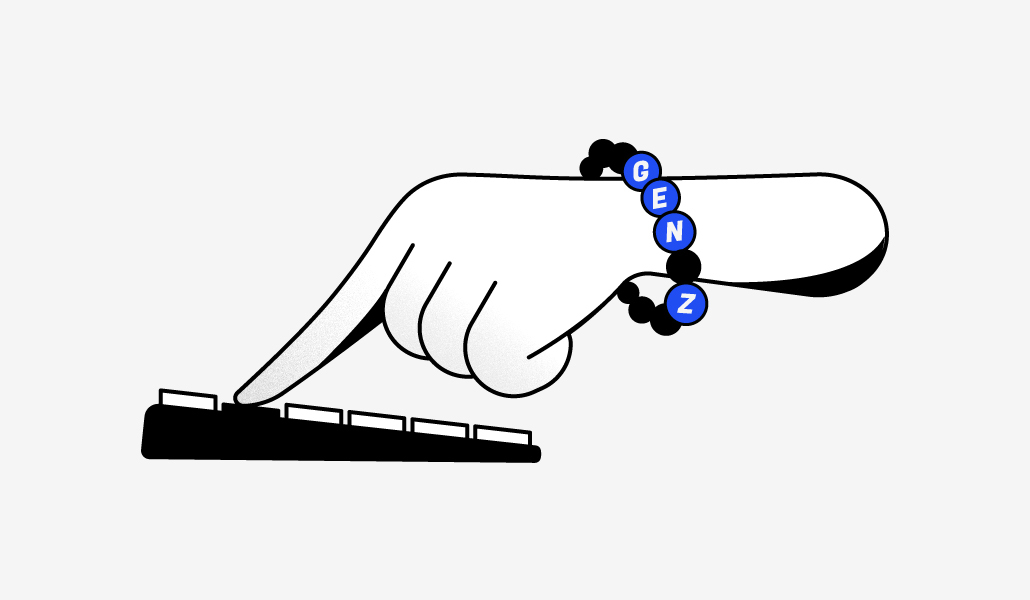The end of entry-level? Proper training on culture and skills could be key to talent drought

Should we retire the term “entry-level”?
With the continuation of remote work, newer employees are looking for ways to gain the same coaching and guidance that many generations were able to gain in person before the pandemic. Through online coaching and onboarding processes, proponents argue, companies can change the narrative of the entry-level employee.
In fact, it’s been proposed that the entry-level worker might well become a thing of the past by skilling new employees straight away — potentially a solution to disaffected younger generations of the workforce and to the Great Resignation.
Employers can leverage real-time coaching tools to help promote career-pathing opportunities and reduce the number of mundane tasks employees are assigned, according to Greg Armor, executive vp at Gryphon.ai, a voice-driven sales platform. “One of the primary factors driving the end of the entry-level employee is that there are few traditional entry-level roles readily available,” Armor said, adding that the largest gap is in filling mid-level roles, and companies need employees who have experience within those roles.
“It is harder to onboard and train traditional entry-level employees due to the growing demands of rehiring amid the Great Recession,” Armor said. “The goal of any company that is onboarding more entry-level employees is to have them as productive as possible, as soon as possible. Which is why we are seeing such a demand for AI-powered tools that can help alleviate the more manual parts of onboarding.”
Technologies including AI-powered real-time coaching and insights are helping bring an end to the entry-level employee by improving the onboarding process, both in-person and remote, and guiding new team members to success at a faster, more efficient speed. With such tools, more entry-level employees can learn faster and leverage their managers for strategic guidance and more meaningful coaching, as Armor sees it.
The Great Resignation and rapid digital transformation have been primary drivers of the end of the traditional entry-level employee, notably in sales functions, Armor observed. Traditional face-to-face interactions have been replaced with online meetings and digital technology required for employees to perform their jobs. That transition has been difficult for many employees due to the technological and sales acumen needed to be successful in a new role.
“Employers are looking to onboard employees who are savvy with a variety of technology, who still need to learn the company and product, but do not need an education on the technology needed to perform their jobs,” he said. “This need for the foundational skills of technology can be a difficult hurdle for entry-level employees to overcome.”
Major corporations are hip to the concept, aiming to make more solid connections with those just starting out in the workforce. For example, Microsoft’s “Model, Coach, Care” initiative serves as a framework for executives to better understand how to manage and teach junior employees, many of whom are starting off remotely, with the goal of building stronger encouragement and connections for them.
Recruiters often overlook the long-term potential in search of that rare candidate who can check all the boxes immediately, observed Lisa Lewin, CEO of the global reskilling firm General Assembly. “To remain effective, talent strategy must include significant investment in reskilling and upskilling programs to build up the needed candidate pool, and in turn, recruiters should be prioritizing soft skills — the ability to learn on a job, work well on a team, adapt quickly — that can be harder to teach but equally as critical to an employee’s success,” she explained.
Alicia Wiedemann, partner and head of strategy at the ad agency Summer Friday, which has worked with clients like Sony Music and Babbel, stressed that without professional connections to drive growth and learning, new employees become lost in their roles and disconnected from the company culture.
To combat this, she encouraged her fellow leaders to focus on four things: dialing up new employees’ training tools (both professional 101 training and job-specific training); increasing their opportunities for connection, both professionally and socially; allowing them to be seen, which ensures they get the opportunity to share and present their findings to the larger team; and giving them the opportunity to speak out, through one-on-one meetings with teammates, reviews, employee surveys, and the like.
As Gen Z moves into the workforce, employers also need to be aware of their personal goals for work, especially where it differs from previous generations, Wiedemann said. As she put it, “They care about the culture, the ethics of the company they work for, and more importantly, they’re entrepreneurial in spirit and want to make sure they’re at a place where they know they will be heard and have an impact.”

